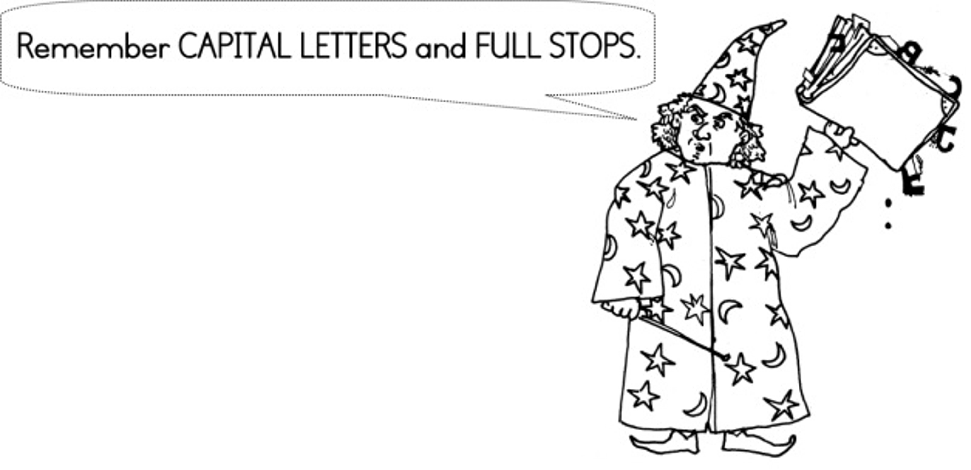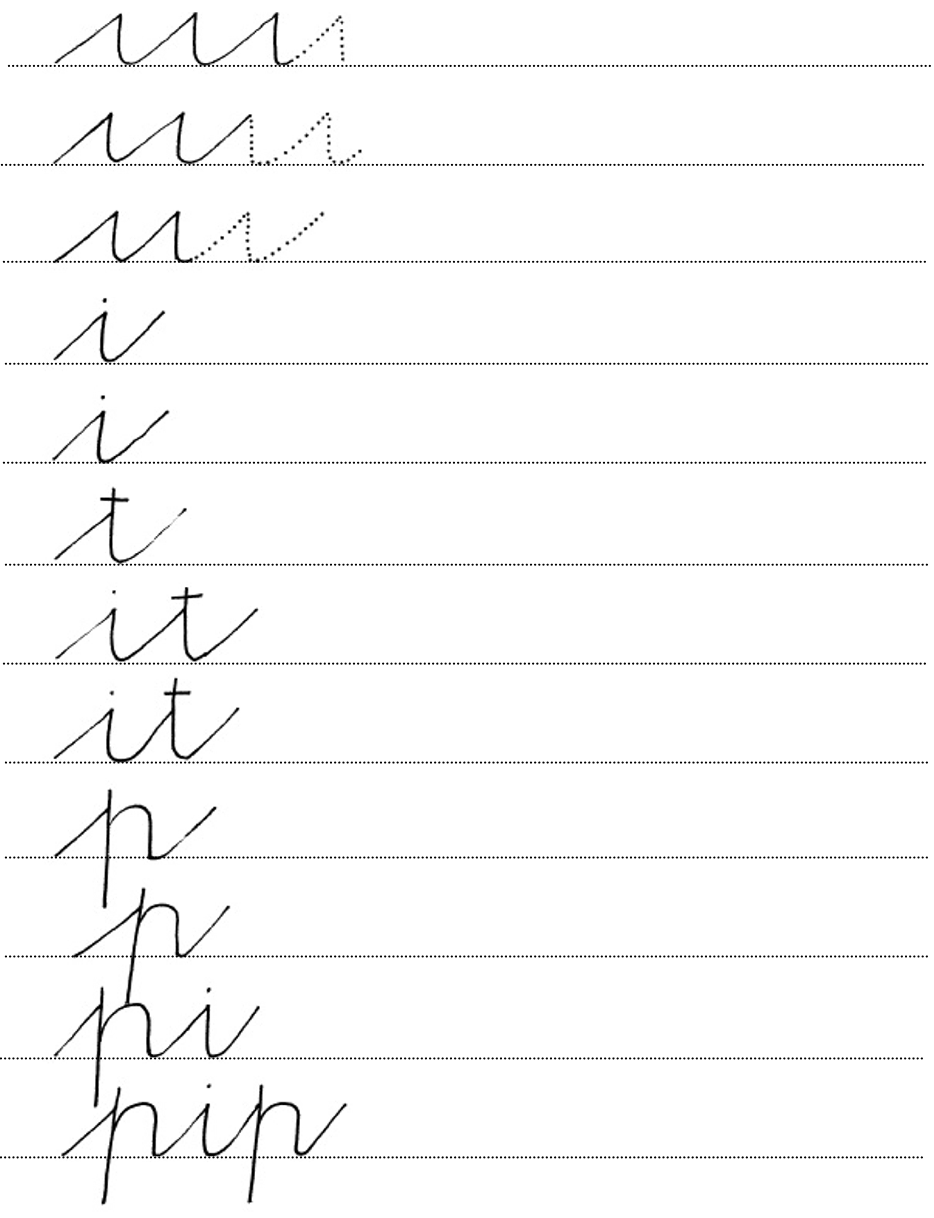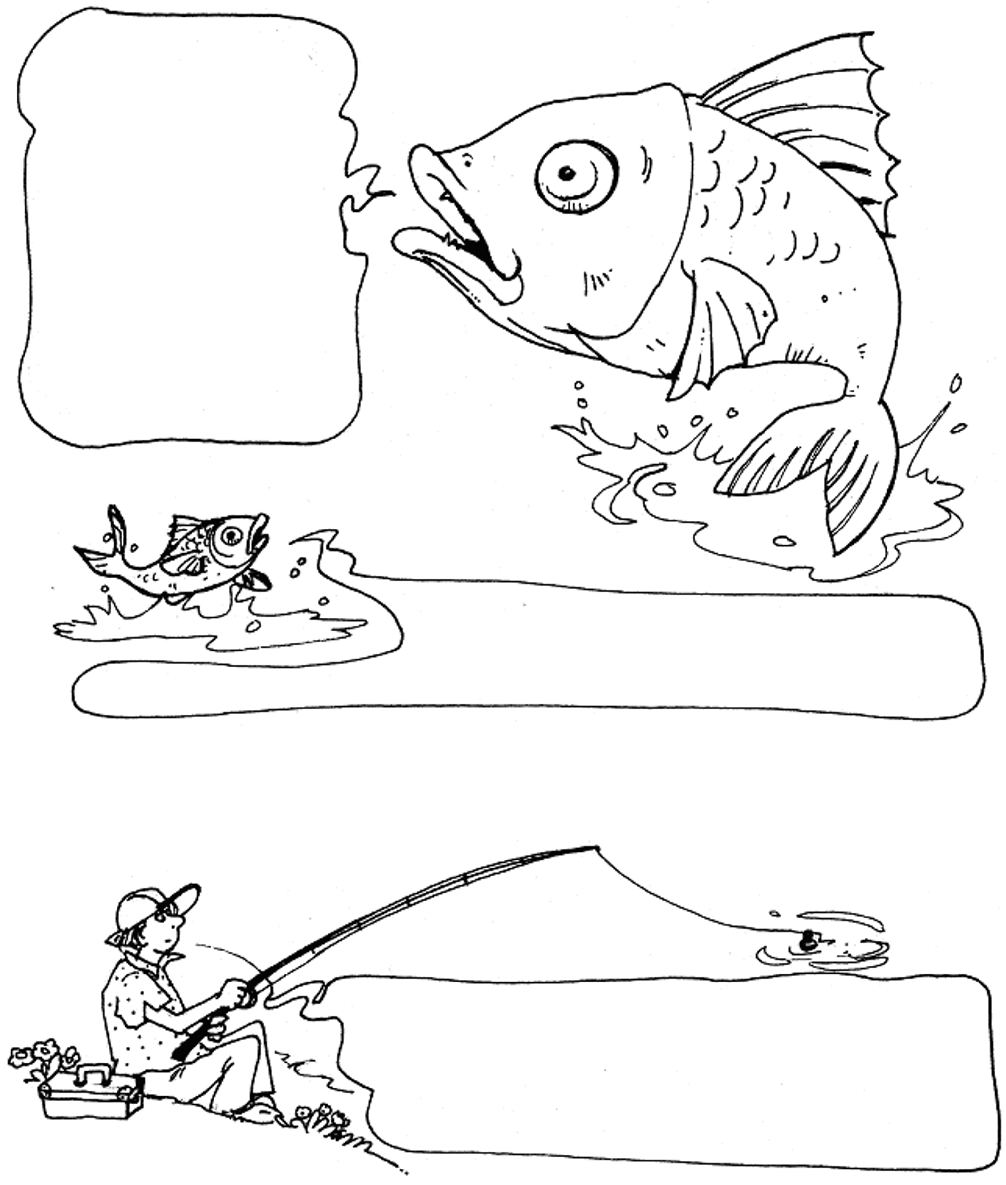| << Chapter < Page | Chapter >> Page > |
The ICS modules for Grade 3 encourage learners to do extensive reading, both fiction and non-fiction. They are given frequent opportunities to write and develop their vocabulary and language use. These developing skills are supported by techniques and strategies to develop phonic awareness. Word recognition and comprehension skills are practised and phonics systematically introduced and consolidated.
The learning outcomes for Grade 3 are purposefully integrated to enable learners to write about texts which they have listened to, discussed and read.
The topics chosen for the modules are of interest to the Grade 3 learner, within their range of experience and other learning areas, namely, Life Orientation and Mathematics are well integrated.
Learners in Grade 3 use their communication skills more effectively and given the opportunity, these can overcome social, cultural and language boundaries. They become more sensitive to the needs of everyone around them.
All aspects of language learning as described in the learning outcomes and assessment standards for Grade 3 have been covered in these eight ICS modules. By reinforcing, consolidating and applying these supported by the Critical and Developmental Outcomes, the learners will be able to think and reason in their home language.
All learners should work through all eight modules as the phonics and cursive writing requirements are spread over these modules. The educator should however allow learners to complete them at their own pace namely ± two modules per term.
The poem introduces a variety of animals, some wild and some tame, and the story about the sly rabbit introduces the topic of true friends. Discussion of the story is important so understand such abstract terms as dishonesty, loyalty and trust.
Riddles are read and learners have the opportunity to make up their own riddles. Cursive writing continues with the learning of new patterns and letters:
The “ u ” family consisting of “ u ” as in use , “ ew , “ ue ” and “ ou ” as in you .
A letterblock is included to revise all phonic words learnt.
Should be ensured for both animals and man. Be careful of veld fires, polluting streams and damaging vegetation.
Making friends is a social skill to be developed. Friends are loyal, trustworthy and honest.

1. at the beginning of a sentence,
2. for NAMES of people and places,
3. for the word "I",
4. for NAMES of days and months
Oh dear, Billy did not hear what Marco the Magician said! Can you help him write these sentences correctly?
1. mom and dad took us to the sea for a holiday
…………………………………………………………………………………………..
…………………………………………………………………………………………..
…………………………………………………………………………………………..
…………………………………………………………………………………………..
…………………………………………………………………………………………..
…………………………………………………………………………………………..
…………………………………………………………………………………………..
…………………………………………………………………………………………..
2. jack helped tom load the food into the car
…………………………………………………………………………………………..
…………………………………………………………………………………………..
…………………………………………………………………………………………..
…………………………………………………………………………………………..
…………………………………………………………………………………………..
…………………………………………………………………………………………..
…………………………………………………………………………………………..
…………………………………………………………………………………………..
3. we always spend the december holidays with uncle ben in durban
…………………………………………………………………………………………..
…………………………………………………………………………………………..
…………………………………………………………………………………………..
…………………………………………………………………………………………..
…………………………………………………………………………………………..
…………………………………………………………………………………………..
…………………………………………………………………………………………..
…………………………………………………………………………………………..
4. i saw lily swimming in the sea on monday
…………………………………………………………………………………………..
…………………………………………………………………………………………..
…………………………………………………………………………………………..
…………………………………………………………………………………………..
…………………………………………………………………………………………..
…………………………………………………………………………………………..
…………………………………………………………………………………………..
…………………………………………………………………………………………..

LO 4.7.1 LO 4.7.2

LO 4.2.2 LO 5.2.2
Learning Outcome 4: WRITING : The learner is able to write different kinds of factual and imaginative texts for a wide range of purposes.
Assessment Standard 4.1: We know this when the learner uses pre-writing strategies to initiate writing;
4.1.1 uses various pre-writing strategies to gather information and choose a topic;
Assessment Standard 4.2: We know this when the learner drafts a piece of writing for different purposes;
4.2.2 writes a selection of short texts for different purposes;
Assessment Standard 4.7: We know this when the learner writes legibly:
4.7.1 writes with ease and increasing speed as a result of frequent practice;
4.7.2 increases competence by completing a task in the time set.
Learning Outcome 5: THINKING AND REASONING : The learner is able to use language to think and reason, and access, process and use information for learning.
Assessment Standard 5.2: We know this when the learner uses language to think and reason:
5.5.2 uses higher order thinking and the language associated with it.
Learning Outcome 5: THINKING AND REASONING : The learner is able to use language to think and reason, and access, process and use information for learning.
Assessment Standard 5.2: We know this when the learner uses language to think and reason:
5.2.1 understands and uses language for logic and reasoning (e.g. cause and effect, drawing conclusions);
Learning Outcome 6: LANGUAGE STRUCTURE AND USE : The learner will know and be able to use the sounds, words and grammar of the language to create and interpret texts.
Assessment Standard 6.3: We know this when the learner works with sentences:
6.3.2 uses subject-verb agreement correcty.

Notification Switch
Would you like to follow the 'English home language grade 3' conversation and receive update notifications?